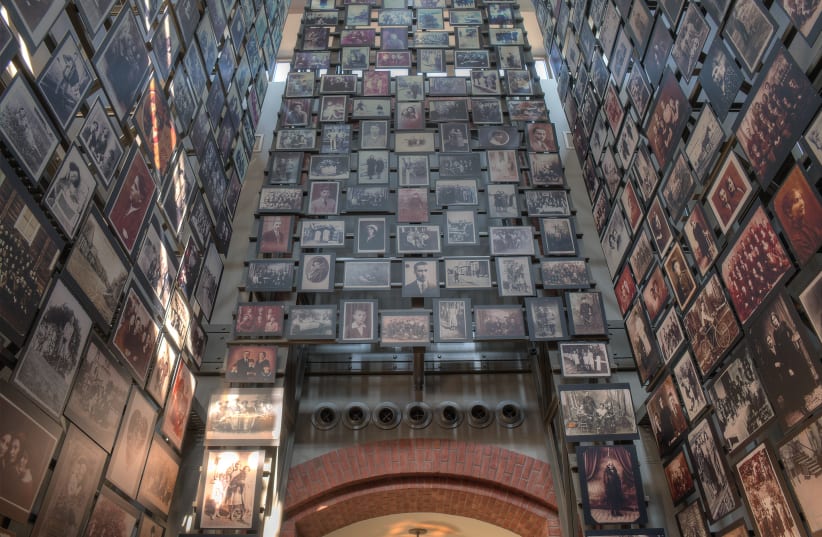Academics slam U.S. Holocaust Memorial Museum for condemning use of Shoah analogies
On Tuesday morning, the scholars – which include academics from France, Canada, the US and the UK – penned an open letter calling on the museum to retract the statement.
